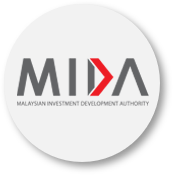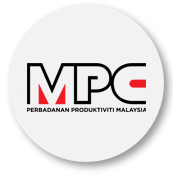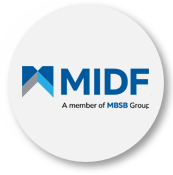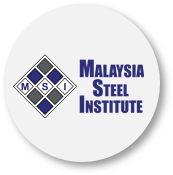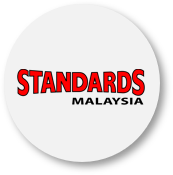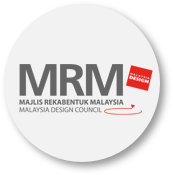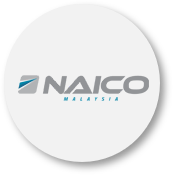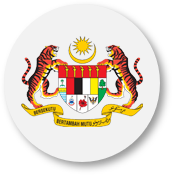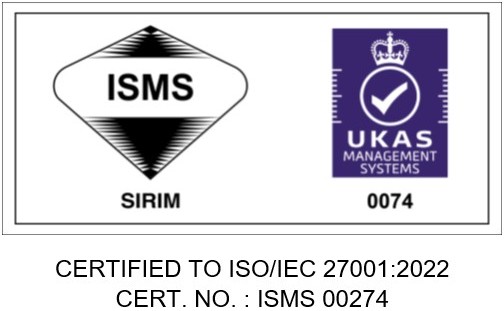Background
- The Framework for Comprehensive Economic Partnership (CEP) between ASEAN and Japan was signed by the Leaders of ASEAN and Japan on 8 October 2003 in Bali during the ASEAN-Japan Summit.
Status
- Negotiations on ASEAN-Japan Comprehensive Economic Partnership (AJCEP) Agreement, which commenced in April 2005, were concluded in December 2007.
- ASEAN Member States and Japan completed the process of signing the AJCEP Agreement by circulation on 14 April 2008 and entered into force on 1 December 2008. For Malaysia, it entered into force on 1 February 2009.
- Although the AJCEP is based on the respective bilateral Economic Partnership Agreements (EPAs) signed by Japan with individual ASEAN countries, including Malaysia, there is substantial value-adding to these EPAs under the AJCEP.
Scope
- ASEAN-Japan Comprehensive Economic Partnership (AJCEP) Agreement is a comprehensive agreement and will includes Trade in Goods and Trade in Services, Trade in Investment Rules of Origin (ROO), Sanitary and Phyto-Sanitary (SPS), Technical Barriers to Trade (TBT), Dispute Settlement Mechanism (DSM) and Economic Cooperation.
- The AJCEP will be fully realised for ASEAN-6 (Brunei, Indonesia, Malaysia, the Philippines, Singapore, and Thailand) and Japan in 2015 when tariffs on substantially all products will be eliminated, except for those on the Sensitive Track. By 2015 Malaysia will eliminate duties for 93.57 % of products in the normal track.
- For Services and Investment, the AJCEP Agreement provides for enabling clauses for discussions by the Sub-Committees which have been set up and currently the negotiations on trade in Services and Investment Agreements are on-going.
Benefits
- ASEAN's trade with Japan in 2012 amounted to US$262.4 billion from US$206.6 billion in 2010. Japan remains as an important source of investment to ASEAN and ranks 2 nd after the European Union (EU). FDI inflows into ASEAN by Japan in 2012 was at US$20.8 billion, an increase by 26.4 per cent from US$16.4 billion in 2011.
- Economic Cooperation activities under the AJCEP are now being undertaken, besides programmes are also being planned under the Working Group on Sub-Committee on Standards, Technical Regulations and Conformity Assessment Procedures (STRACAP), which is co-chaired by Malaysia (Standards Malaysia).
- The FTA is enabling ASEAN and Japan to share the huge resources available through joint collaboration to further promote the growth of both the manufacturing and services industries.
- For Malaysia, the AJCEP provides additional benefits in terms of immediate and accelerated elimination of duties for products vis-à-vis progressive liberalisation under the bilateral agreement with Japan ie. Malaysia-Japan Economic Partnership Agreement (MJEPA). Some of the products which were not offered by Japan under MJEPA and had duty liberalized under AJCEP, showed an increase in the export fiqures.
-
Apart from this, additional areas for capacity building in economic cooperation vis-à-vis the MJEPA include:
- Trade Related Procedures;
- Business Environment;
- Energy;
- Transportation and Logistics; and
- Competition Policy.
ASEAN - Japan Comprehensive Economic Partnership Agreement (AJCEP)
Last Updated 2015-05-14 11:58:42 by admin2







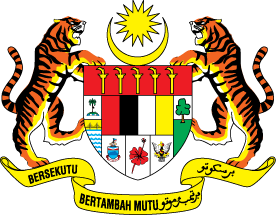





 Home
Home








